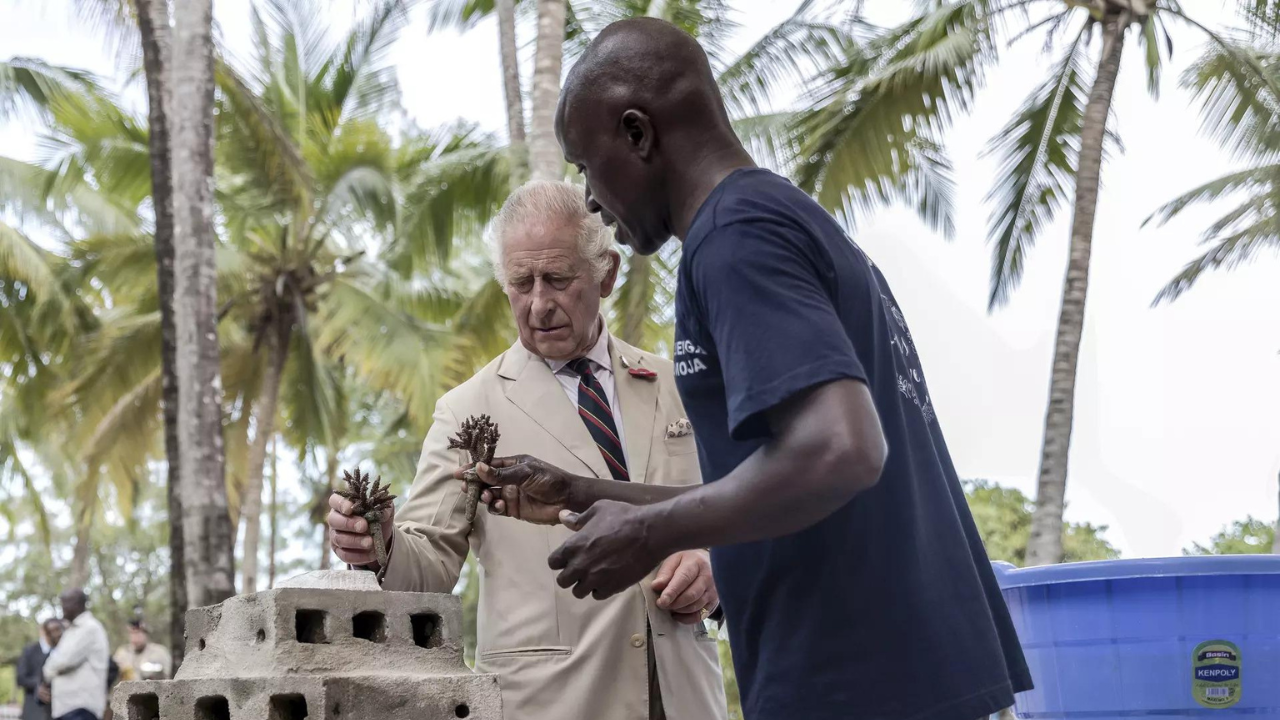In the midst of criticism from survivors of abuses committed during the colonial era for Charles’ unwillingness to offer restitution or a comprehensive apology, Britain’s King Charles met on Wednesday with families and representatives of those involved in Kenya’s independence movement.
Kenyans have criticized King Charles for expressing his “greatest sorrow and deepest regret” over the colonial atrocities carried out by British forces there, calling it a “miss”, reported The Guardian.
During Tuesday’s state dinner, Charles conveyed his “deepest regret” for the violent deeds against Kenyans that he considered to be heinous and unacceptable during the country’s independence fight.
King’s statement got mixed reactions. William Ruto, the president of Kenya, expressed diplomatic gratitude for Charles’s “courage and readiness to shed light on uncomfortable truths that reside in the darker regions of our shared experience” in response to the king’s statement, but he also called Britain’s colonial suppression of Kenya’s freedom movement “monstrous in its cruelty.”
According to the Kenya Human Rights Commission (KHRC), during the 1952–1960 Mau Mau uprising in central Kenya, also referred to as “the emergency,” around 90,000 Kenyans were killed or injured, and 160,000 were imprisoned. Many of them suffered torture.
British colonialists also violated hundreds of thousands of people’s human rights in western Kenya over decades by acts such as homicides, sexual assault, and theft of land, According to UN investigators.
During his first visit to a Commonwealth nation since becoming king, King Charles has received unprecedented criticism for the UK’s failure to provide a clear apology and compensation for the horrors committed during the colonial era.
Historians and human rights organizations expressed disapproval of the king’s “careful choice of words” and insisted that the two nations should “move beyond platitudes.”
Kenyans have criticized King Charles for expressing his “greatest sorrow and deepest regret” over the colonial atrocities carried out by British forces there, calling it a “miss”, reported The Guardian.
During Tuesday’s state dinner, Charles conveyed his “deepest regret” for the violent deeds against Kenyans that he considered to be heinous and unacceptable during the country’s independence fight.
King’s statement got mixed reactions. William Ruto, the president of Kenya, expressed diplomatic gratitude for Charles’s “courage and readiness to shed light on uncomfortable truths that reside in the darker regions of our shared experience” in response to the king’s statement, but he also called Britain’s colonial suppression of Kenya’s freedom movement “monstrous in its cruelty.”
According to the Kenya Human Rights Commission (KHRC), during the 1952–1960 Mau Mau uprising in central Kenya, also referred to as “the emergency,” around 90,000 Kenyans were killed or injured, and 160,000 were imprisoned. Many of them suffered torture.
British colonialists also violated hundreds of thousands of people’s human rights in western Kenya over decades by acts such as homicides, sexual assault, and theft of land, According to UN investigators.
During his first visit to a Commonwealth nation since becoming king, King Charles has received unprecedented criticism for the UK’s failure to provide a clear apology and compensation for the horrors committed during the colonial era.
Historians and human rights organizations expressed disapproval of the king’s “careful choice of words” and insisted that the two nations should “move beyond platitudes.”
